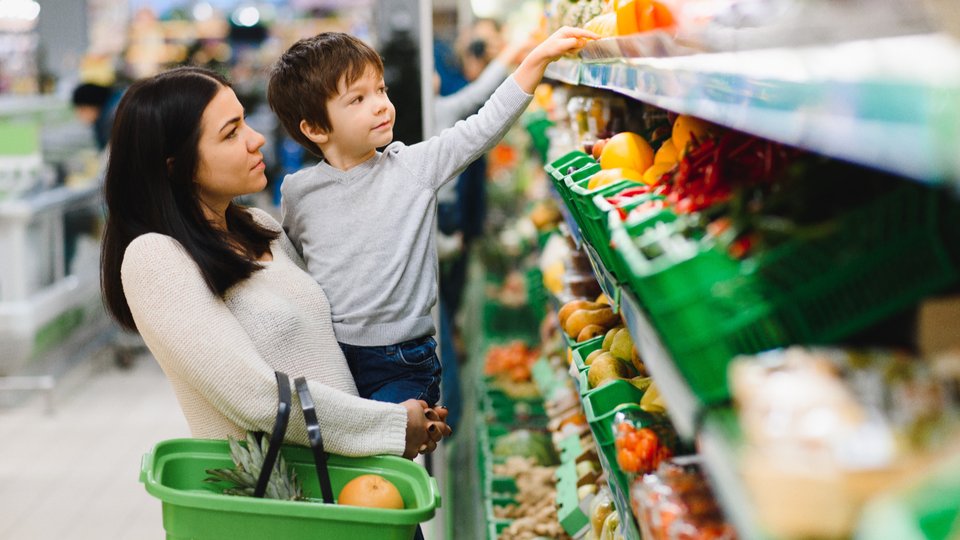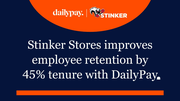Consumer Behavior
Grocery shopping reflects inflation-coping strategies

August 24, 2023
Grocery shoppers are buying more items on sale, eating at home more and choosing more store brands over national brand products, and all those actions are inflation coping strategies, according to a study conducted by The Feedback Group.
In fact, such actions have increased over 2022, according to a press release on the study that also revealed consumers view store brands as more cost effective compared to national brands.
"Food shoppers continue to adapt to cope with food inflation through a variety of strategies, doing more of nearly all of them versus a year ago," Brian Numainville, principal, The Feedback Group, said in a press release on the findings.
The most common strategy is buying more items on sale (52%, up from 43% in 2022), followed by eating more often at home instead of restaurants (46%, same as 2022), buying more store brands instead of national brands (44%, up from 38%), purchasing more food and groceries at stores with lower prices (38%, down from 46%), and buying fewer last-minute or impulse items (36%, up from 25%).
On this year's survey, The Feedback Group asked respondents if their primary supermarket was "on my side when it comes to inflation." Fewer than half (48%) agreed with that statement.
"The combination of shoppers' grossly inflated perception of supermarket profits and their dissatisfaction with responsiveness to their inflation concerns signals a pressing need for stores to employ thoughtful price strategies and reframe their value proposition in order to maintain trusting relationships with shoppers," Doug Madenberg, chief listening officer of The Feedback Group, said in the release.
 ChatGPT
ChatGPT Grok
Grok Perplexity
Perplexity Claude
Claude




